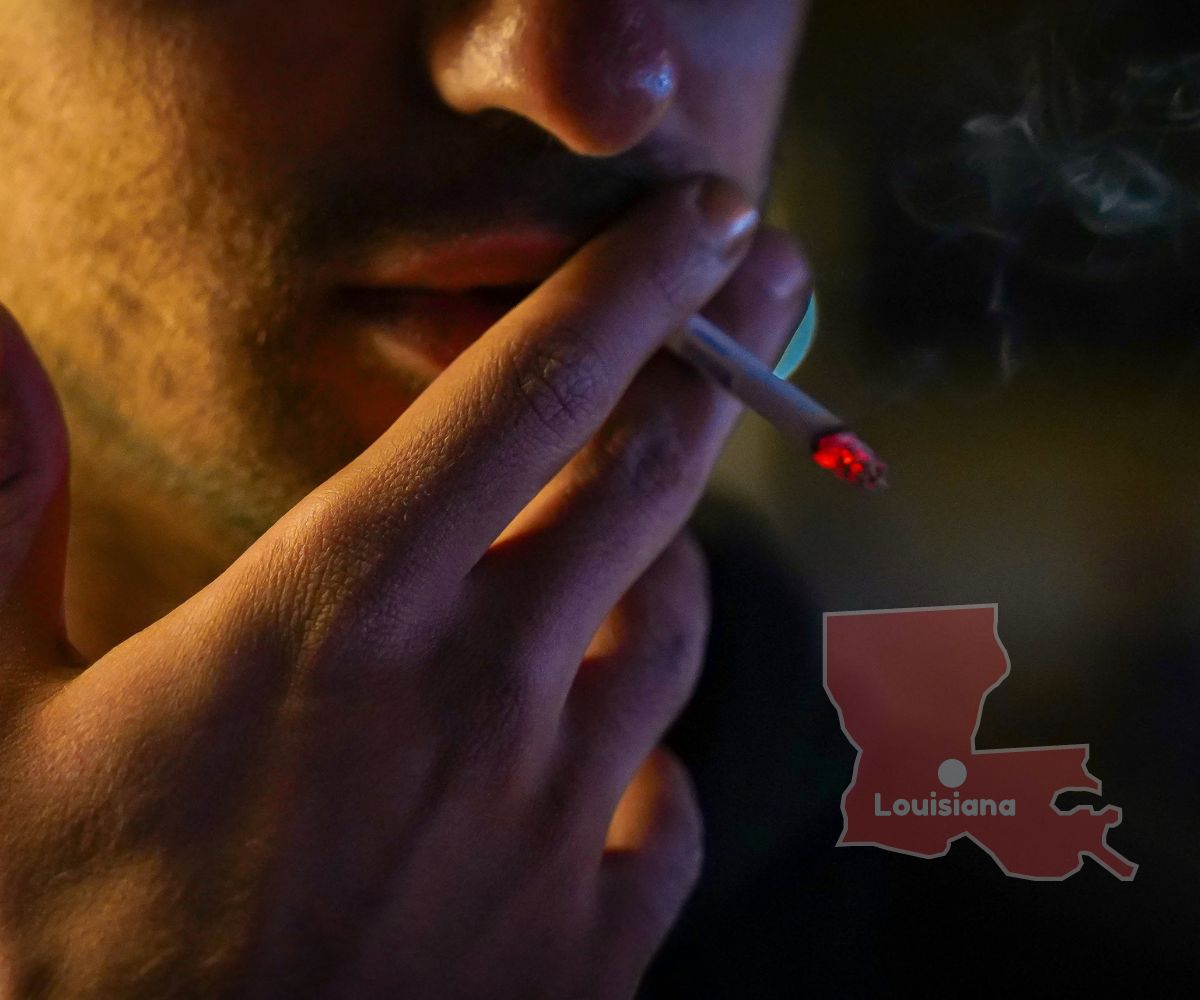Louisiana has taken a bold step in promoting public health with a groundbreaking new law. According to this report, the aforementioned law mandates health insurance coverage for six months of smoking cessation treatment. Historically, the state has been lagging behind in terms of providing tobacco cessation treatments and removing barriers to accessing treatments. In its 2023 State of Tobacco Control report, the American Lung Association scored Louisiana an “F” in funding for tobacco prevention and cessation and a “D” in access to cessation services.
What this law means for Louisianan smokers
In the 2022 fiscal year, Louisiana received a $1.6 million allocation from the Centers for Disease Control and Prevention (CDC) for tobacco prevention and control. Yet, annually, 7,200 Louisiana adults die from smoking-related illnesses, according to CDC data. The new law aims to change this, providing coverage for smoking cessation treatment, including individual and group counseling, nicotine replacement products like patches, gum, lozenges, nasal spray, and inhalers, as well as quit medications such as bupropion and varenicline.
Additionally, the legislation includes private and Medicaid coverage, stating that coverage shouldn’t be subjected to annual deductibles, co-insurance, co-payment, or other out-of-pocket payments.
Policy changes in other states
Similar insurance policy changes have been enacted in other states. In Virginia, smokers covered by the Affordable Care Act are experiencing financial relief due to a recent state law eliminating the tobacco surcharge imposed by insurers issuing Obamacare policies, as shared here. The State Corporation Commission’s (SCC) report indicates potential monthly savings ranging from $25.62 to $122.48 for covered smokers. This move seeks to reduce the number of uninsured Virginians by approximately 14,000.
The Joint Commission on Health Care in the state suggests that removing the surcharges not only benefits smokers but also contributes to lower overall healthcare costs by encouraging more individuals, including non-smokers, to acquire coverage. Notably, Virginia joins six other states and Washington, DC, in prohibiting the tobacco surcharge. The SCC report also highlights smoking rates across the state, with the Richmond area exceeding the state average of 13.6%. Falls Church boasts the lowest rate at 8.4%, while Buchanan County in Southwest Virginia reports the highest at 27%.
Legislative efforts and individual actions
Legislative efforts to curb smoking prevalence are also met by growing health consciousness among individuals, leading to an increased interest in switching to smoking alternatives and using quit medications. Case in point, a notable alternative that’s risen in popularity in the US is the nicotine pouch. A JAMA study reveals sales of the product have jumped by 300-fold since its market introduction in 2016. As seen on this website, leading brands like On! nicotine pouches contain no tobacco leaf and instead consist of nicotine, flavorings, and plant-based fibers. In addition, these pouches offer a variety of flavors and 2mg, 4mg, and 8mg strengths, enabling users to gradually transition away from nicotine altogether. The rising popularity of nicotine pouches can also be attributed to factors such as reduced health risks and the convenience of use in various settings where smoking is restricted.
On top of smoking alternatives, this article features two quit medications for smoking cessation that have been approved by the FDA, varenicline and bupropion, although insurance coverage for these medications does vary. Sold under the brand name Chantix, varenicline binds to nicotine receptors in the brain, reducing withdrawal symptoms and cravings while blocking the rewarding effects of nicotine. On the other hand, Wellbutrin and Zyban, the brand names for bupropion, affect neurotransmitters in the brain, reducing cravings and withdrawal symptoms.
Louisiana’s commitment to curbing tobacco use reflects a broader nationwide effort to prioritize preventive healthcare and reduce the burden of smoking-related illnesses. This new legislation emphasizes the importance of supporting individuals in their journey to quit smoking and highlights the progressiveness of healthcare policies addressing lifestyle-related health risks.
To stay updated on the latest insurance news, visit our website!

